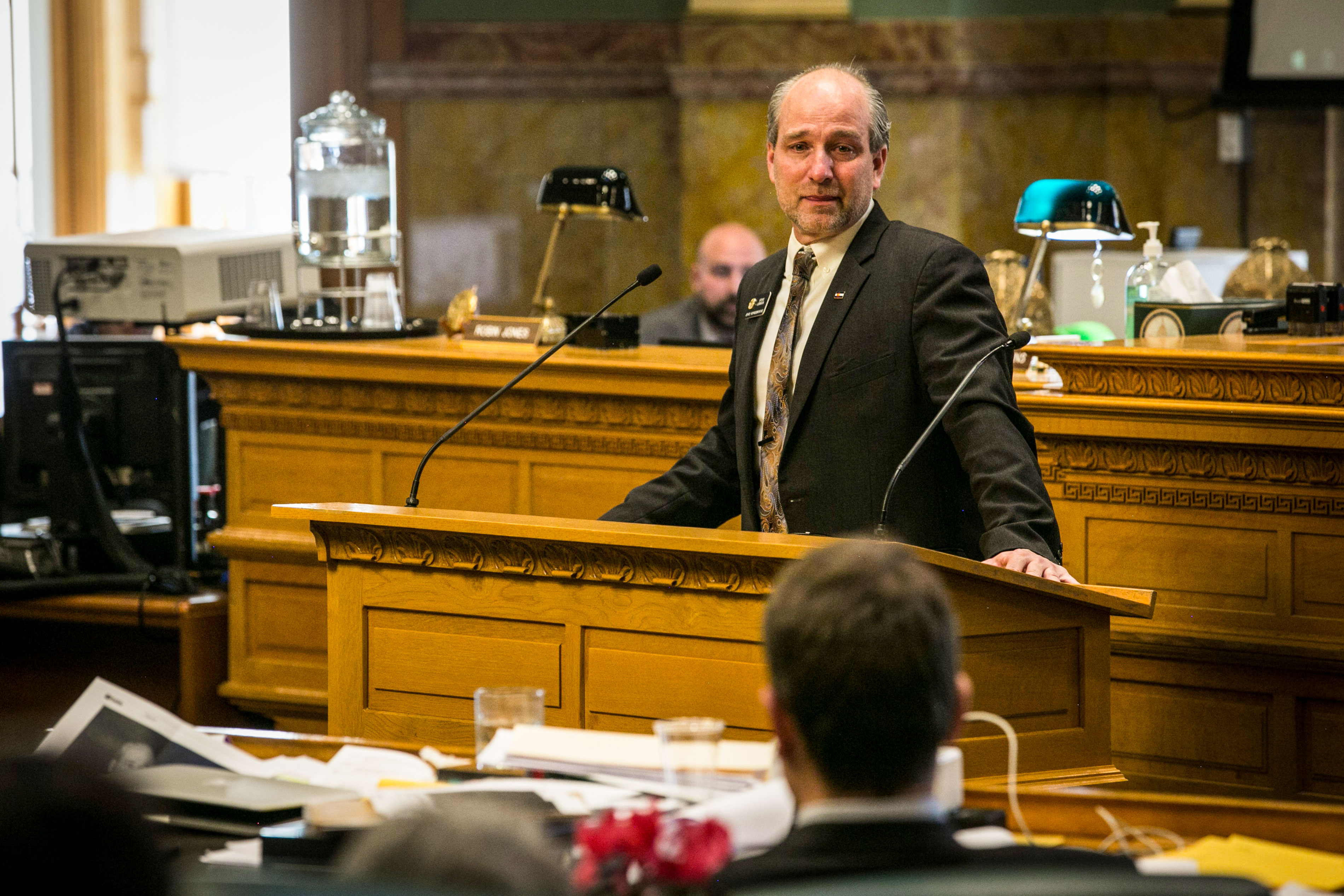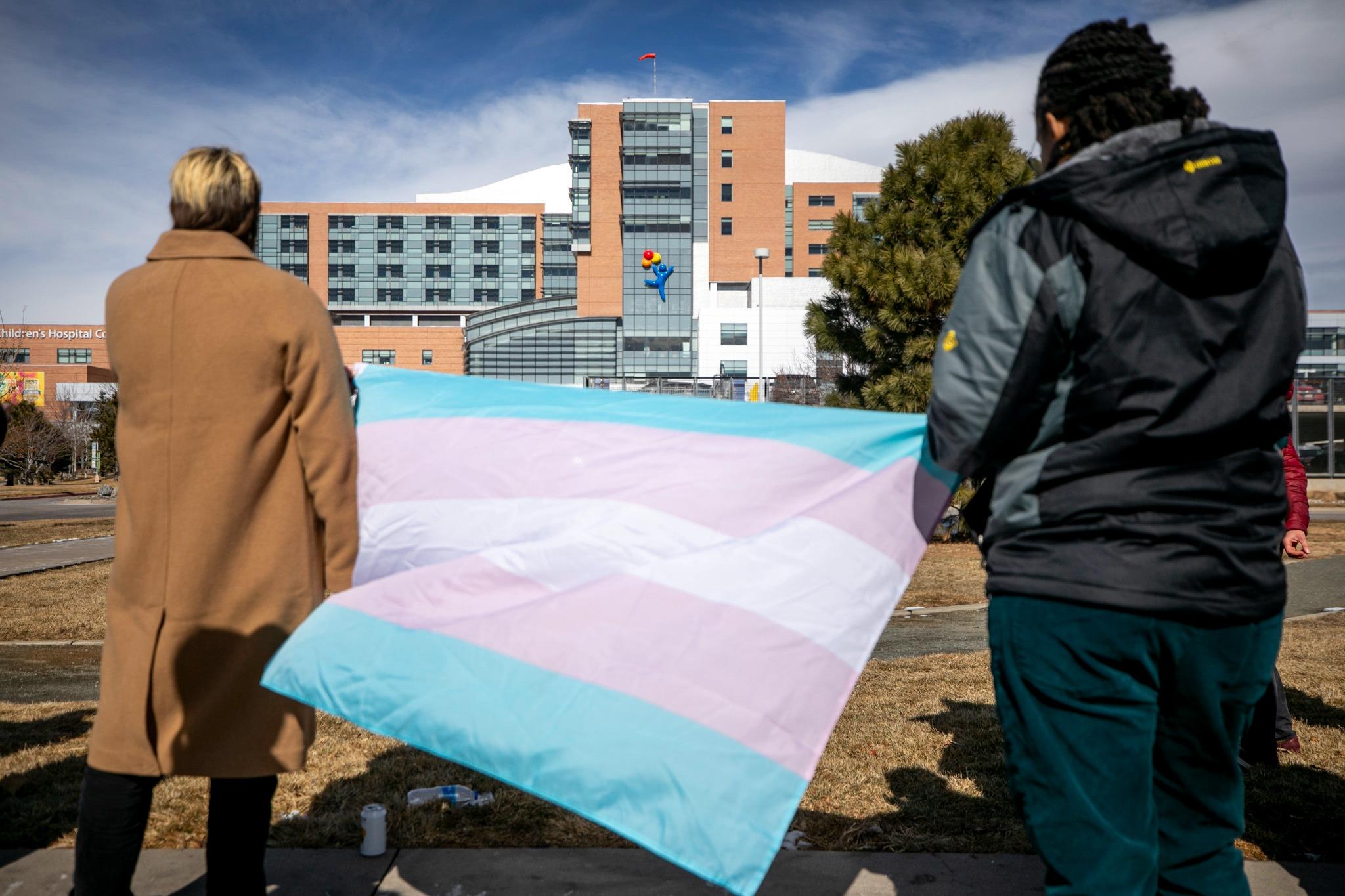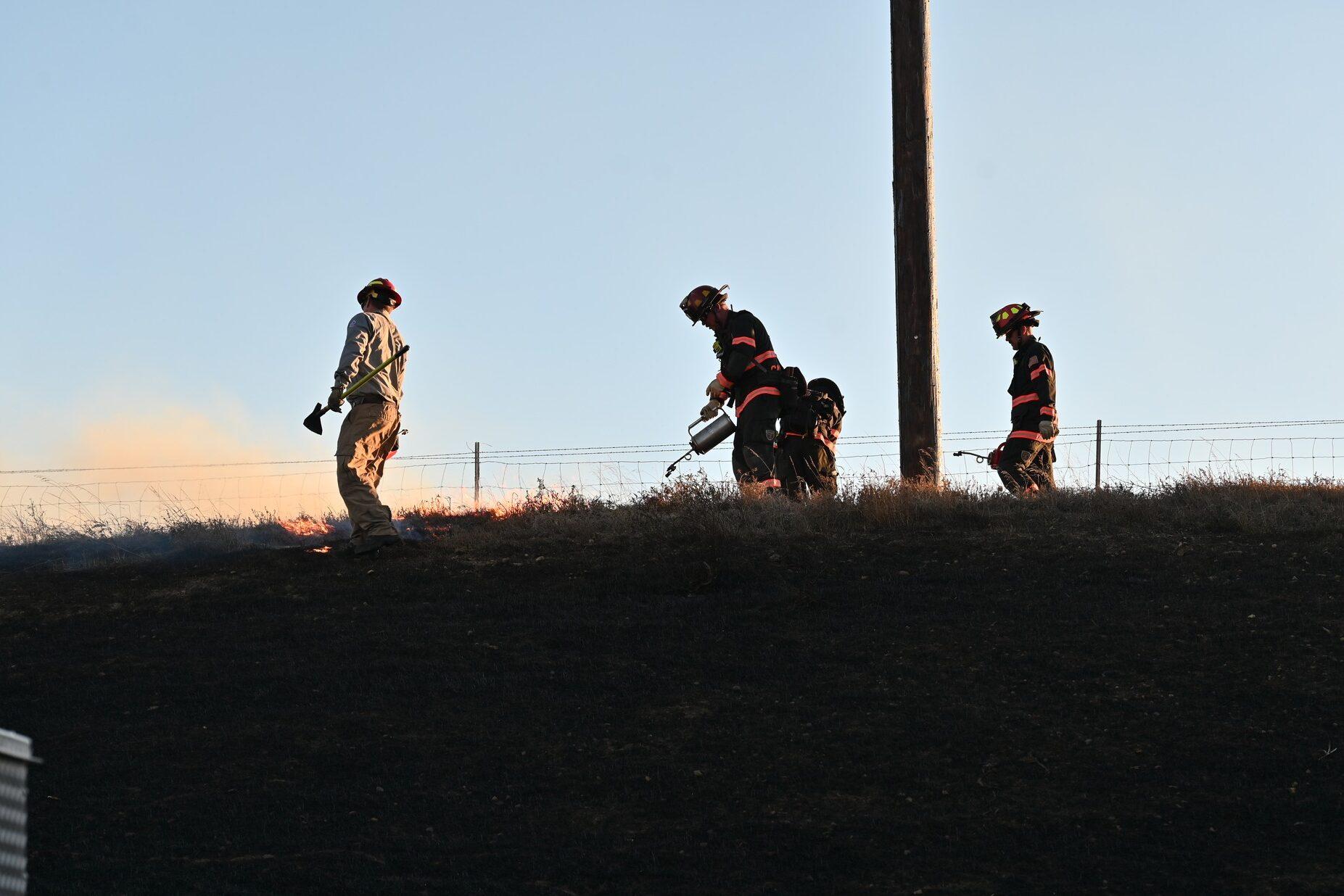

A bipartisan committee of state lawmakers tasked with improving the Capitol’s workplace culture and handling of sexual harassment complaints has managed to find common ground in some areas, but big disagreements remain.
The proposals agreed on at the committee’s meeting Thursday include the creation of a website to allow people to anonymously raise concerns. The panel also wants to set up both an informal and formal complaint process and hire an extra HR staff person. And there is support for the idea of removing legislative leaders from deciding on disciplinary actions against fellow lawmakers. Instead that would be left up to a panel.
The workplace study interim committee still has major areas of disagreement, and those may not be ironed out during its final meeting on October 11.
- Some States Have Made #MeToo Changes. Colorado Is A Work In Progress
- Harassment Commonly Seen At Colorado Capitol, And Rarely Reported
Democrats and Republicans are still at odds over the makeup of the panel that would recommend disciplinary action against accused lawmakers, or what information that panel should receive. The interim committee’s three Democrats want the panel to include outside experts and have an odd number of lawmakers on it to prevent a deadlock on a decision.
“What happens in those situations where you don’t have a majority vote on a committee, then where is the accountability? Ultimately is nothing done? I don’t think there’s any safeguard,” said Speaker of the House Crisanta Duran, D-Denver, who sits on the interim committee.
She feels adding a victim’s advocate and specialists in human resources and employment would also make the panel’s recommendations less partisan. Others disagree.
“The idea that we’ve freed ourselves from politics or could ever do that is a pipe dream to me,” said interim committee member Sen. Bob Gardner, R-Colorado Springs.
He proposed that each chamber have a separate committee made up of an equal number of lawmakers from both parties.
“I would not entertain the notion that the committee have members that are not legislators,” he said, “because this committee is going to recommend action to the chamber concerning a member.”
Gardner also thinks the panel of lawmakers should receive an investigator’s full report, without any redactions. But Democrats argue the name of the accuser doesn’t need to be included, or potentially even the name of the lawmaker being accused.
“Knowing the names of the complainant and respondent does not change the facts of the case,” said Rep. Faith Winter, D-Westminster. “So I’m having trouble understanding why people need the names. I think releasing the names only opens it up to bias.”
Winter also believes some people would be too afraid to file a complaint, especially lobbyists, aides and interns, if a panel of lawmakers who they work with would ultimately know it was them.
In 2017, Winter was the first person at the Capitol to go public with a sexual harassment allegation against former Democratic Rep. Steve Lebsock, which sparked the Capitol’s #metoo movement.
Lebsock was ultimately expelled from the legislature after an outside investigator concluded allegations were credible that he harassed and retaliated against five women. Outside investigators also found sexual harassment complaints credible against three other lawmakers.
The issue dominated last legislative session and lawmakers in both parties pledged to come up with a more objective and clear process.
One topic that didn’t get mentioned on Thursday was how to make credible complaints against lawmakers more transparent to the public. Currently anything related to sexual harassment is exempt from Colorado’s open records law, and the only way to find out about it is if an accuser or accused decides to release the information.
In October the workplace committee’s report will be finalized and sent to legislative leaders to review. From there, major changes to the General Assembly’s workplace harassment policy would still need to pass the full legislature when it convenes in January.









